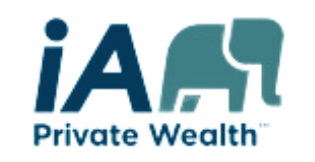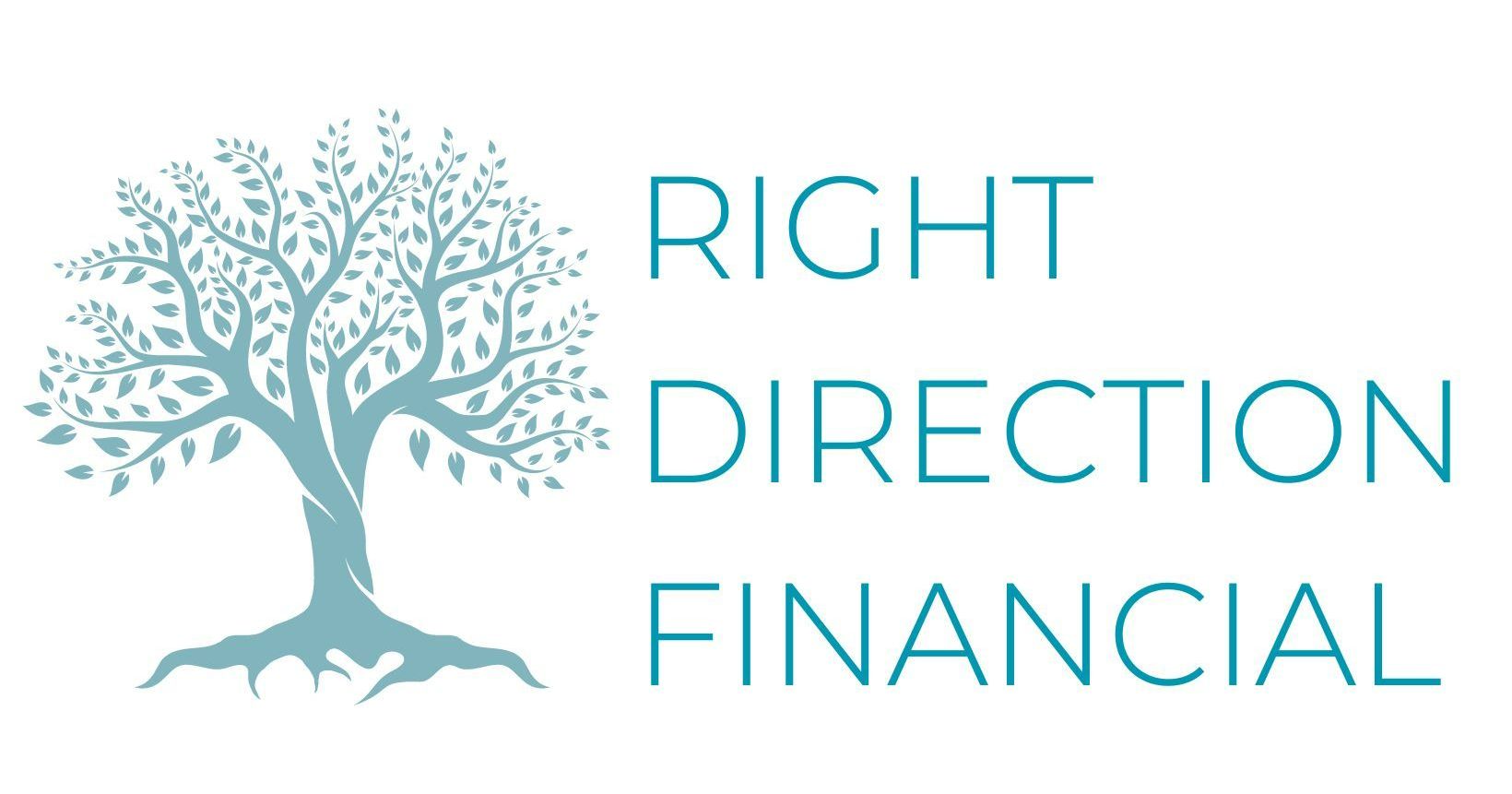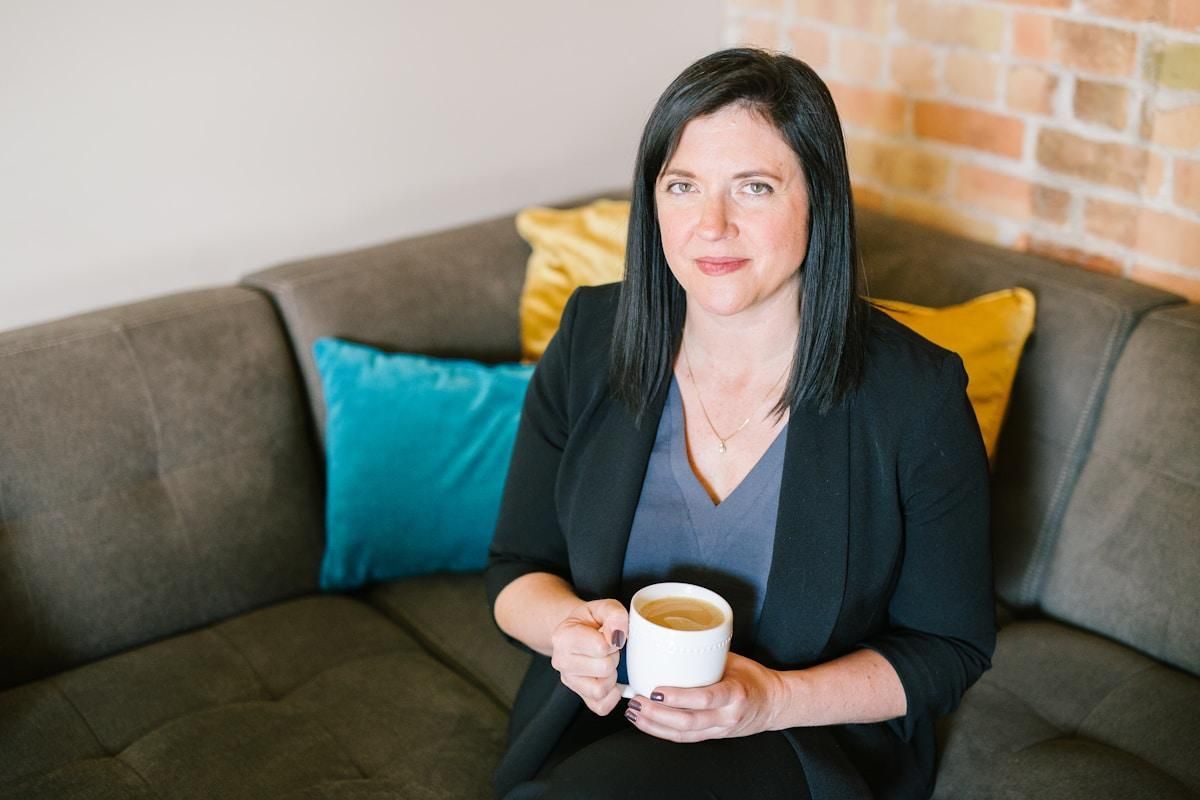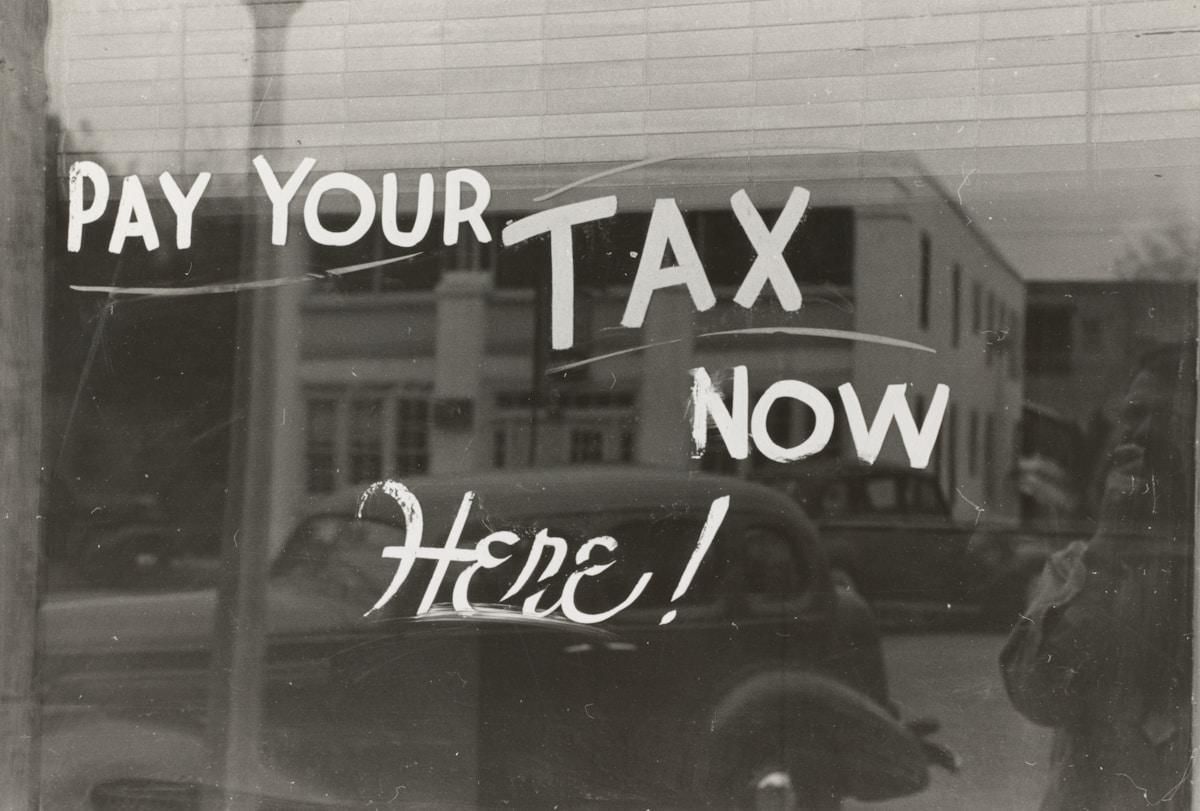Making the most of your CPP (& OAS)
Making your CPP and OAS at the wrong time can end up costing you thousands of dollars.
Many people plan to start their CPP and OAS at age 65 simply because they want to get the government money as soon as possible. But there's a smarter way to go about it.
Let’s take J and M as an example, longtime clients of ours.
J and M were a typical middle-class couple. They raised two kids, helped them through university, and paid for both weddings. Money was tight when their kids were young, but as empty nesters, J and M managed to save a considerable amount. By the time they were 57, they had plans to work for another three years, both holding jobs with government agencies that offered defined benefit pensions. They had also saved $485,000 in their RRSPs.
When they came to me for retirement income advice, we created a plan that had them using up 100% of their RRSPs from ages 60 to 70, delaying their CPP and OAS until age 70. This strategy provided the necessary income for their travel and retirement goals and leveled out their cash flow. By utilizing their TFSA, we created a tax-efficient income for larger one-time purchases like a new car or a new roof.
Delaying their CPP and OAS saved J and M over $35,000 in taxes over ten years and gave them an extra $6,000 per year on top of those tax savings. Now, they enjoy annual vacations funded by these savings and the increase in their income.
So, when can you take your government benefits?
CPP:
- You can start your CPP as early as 60 or delay it until 70.
- For each month you take your CPP before age 65, your pension amount reduces by 0.6%. If you start at 60, that’s a total reduction of 36%.
- Conversely, if you delay past 65, your benefit increases by 0.7% per month. Waiting until 70 means a 42% increase!
OAS:
- You can start OAS at 65 or delay it until 70, with a 0.6% increase for each month you delay past 65.
Why Wait to Take Your Income?
Many wonder if they should take CPP at 60, invest it, and then draw on it later. While that’s a valid point, if you live past age 73, it’s better to wait. Here’s the math, assuming a CPP of $1,000 per month at 65 and living to age 85:
- Age 60: $640 per month ($1,000 x (1.0 - 0.36)) x 12 months x 25 years = $192,000
- Age 65: $1,000 per month x 12 months x 20 years = $240,000
- Age 70: $1,420 per month ($1,000 x (1.0 + 0.42)) x 12 months x 15 years = $255,600
This strategy can make you $63,600 more, but there’s even more to consider.
Integration with Other Income and Benefits:
OAS can be reduced or eliminated based on your total income. Efficient planning is crucial if you have a TFSA, RRSP, pension, etc. Your marital status also makes a difference. Everyone’s scenario, goals, and income needs vary, so there’s no one-size-fits-all answer.
We look at your overall picture, needs, and tax rates to create a personalized plan. It could involve an RRSP drawdown, a bridge offset, or considering family longevity to strategize around life expectancy.
Here is a CPP benefit calculator that compares the value of CPP benefits if you take them earlier or later.
Source: www.Canada.ca


















